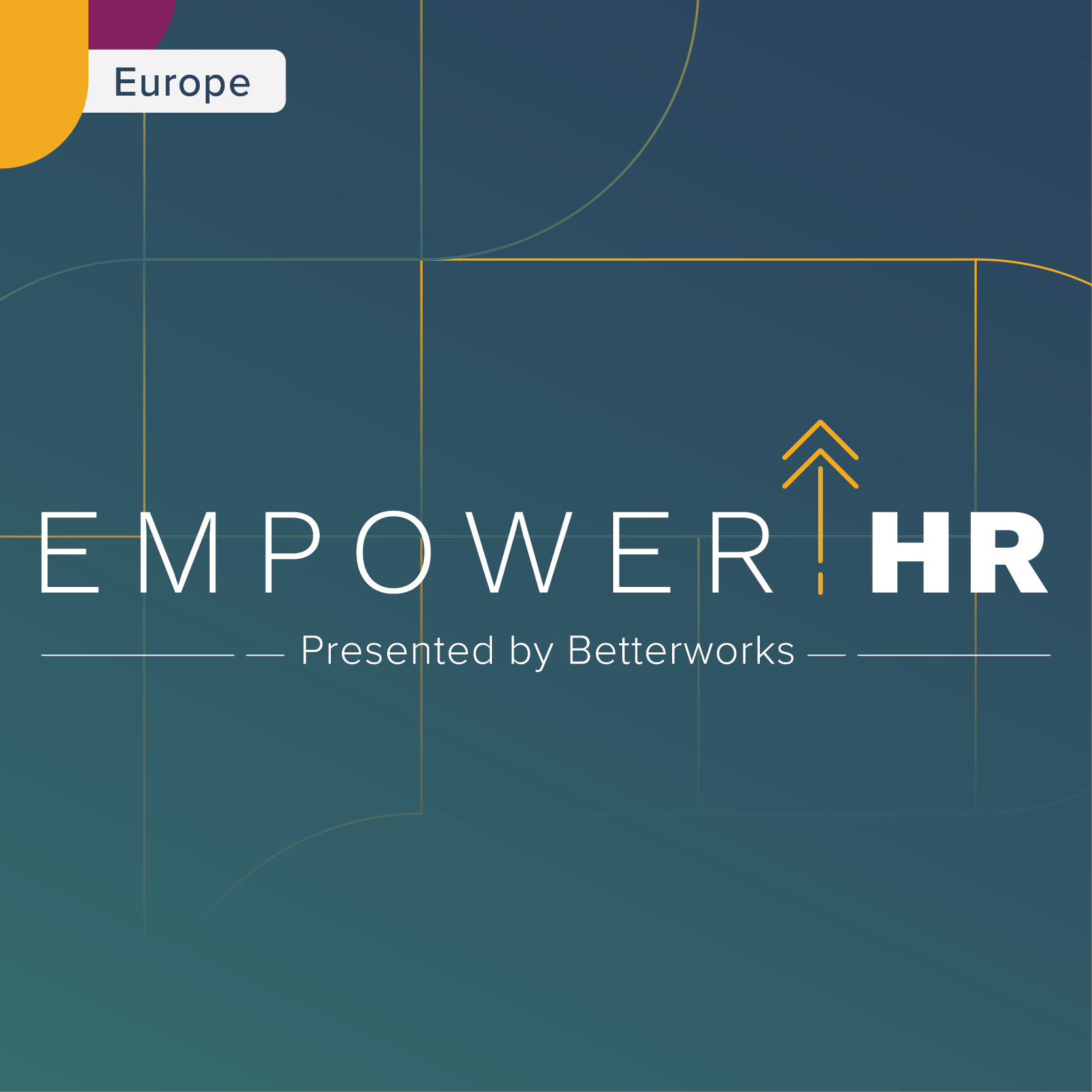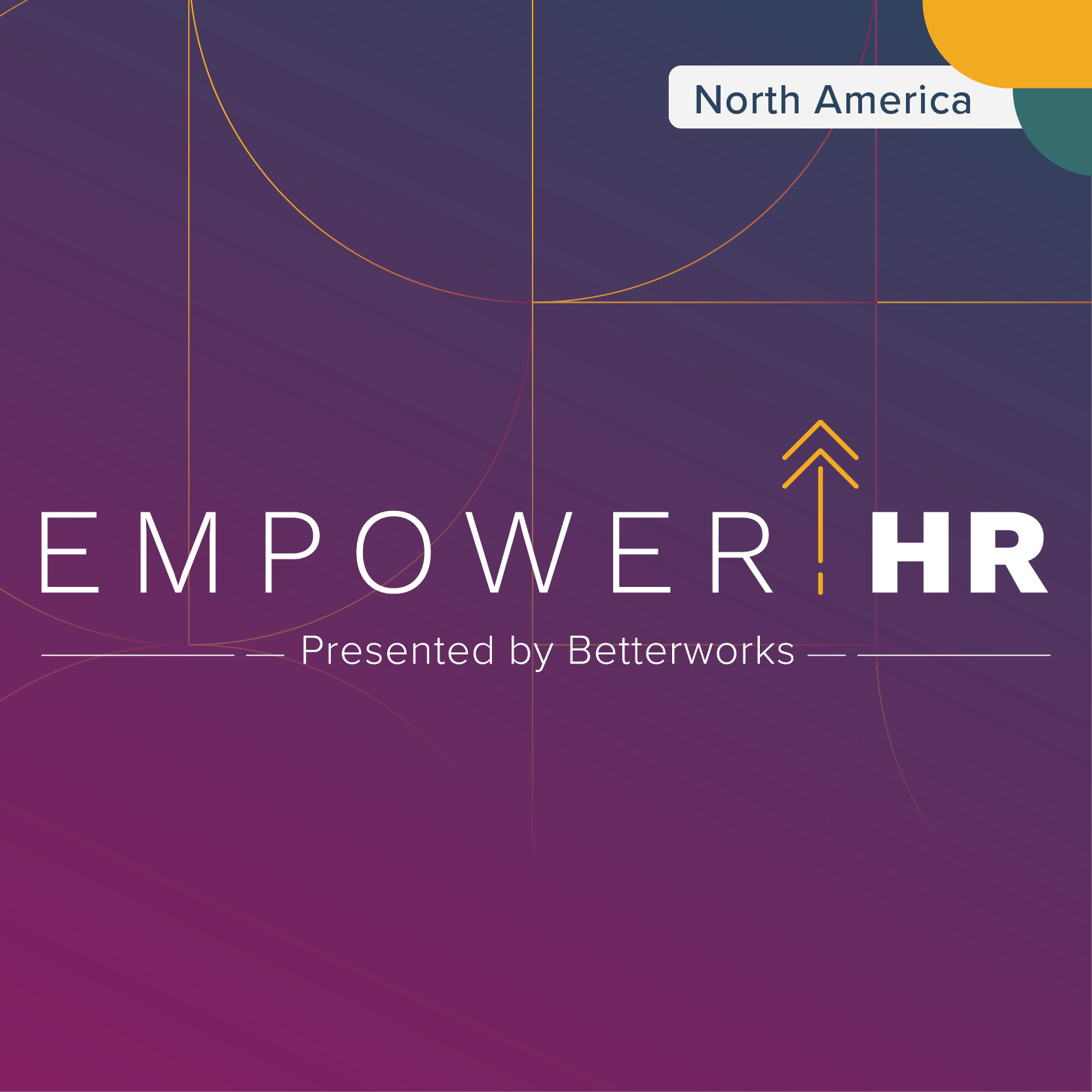Managers play a crucial role in shaping the employee experience, influencing culture, and driving growth within organizations. However, manager effectiveness has been on the decline, affecting employee engagement and overall performance. To address this challenge, HR departments are turning to AI-powered solutions to support managers in their quest for better performance, coaching, and talent development.
During his presentation at the 2023 HR Technology Conference, Betterworks Chief Product Officer Arnaud Grunwald showcased how employers can use AI to empower more effective performance management processes. Traditional performance management looks backward, he noted, but AI-powered tools combined with relevant data (like historic performance records and feedback) can help managers take a future-oriented approach.
Check out some of the highlights from Grunwald’s presentation, and the three of the top ways we foresee AI helping cultivate more effective managers.
Drive accomplishment with better goals
Organizations with clear goals outperform organizations without goals, Grunwald said, “because employees have a sense of purpose and focus; they have direction and a sense of accountability.” But developing goals that drive purpose and performance can be challenging for managers and their teams.
Pulling from historic performance data and goals across the organization, AI can suggest goals that align with the employee’s personal career aspirations as well as with organizational objectives.
AI-generated goals may not be perfect the first time, but they help employees overcome the “blank page anxiety,” Grunwald said, and give managers something to workshop with their teams — leveraging AI while making sure that humans remain in the driver’s seat. “You can edit, you can regenerate, you can rename, and you can decide which ones to take or not take,” he said. “You are in control.”
Enable peak performance through feedback
Effective feedback helps employees achieve higher performance and contributes to engagement. Research from Gallup shows that organizations with a strong feedback culture experience 15% less turnover than organizations that don’t invest in a feedback loop, Grunwald pointed out. But most managers aren’t trained to give good feedback.
AI can help overcome the blank page challenge here, too, Grunwald said. By generating personalized feedback based on performance data, including peer evaluations, talent profiles, and past feedback, managers can provide team members with detailed and comprehensive feedback to direct their future performance.
Identifying recurring themes in strengths and areas for improvement allows managers to provide consistent and constructive feedback that employees can use to improve. And because it bases feedback recommendations on historical data analysis, AI helps provide a perspective on employee performance that isn’t skewed by recency bias, Grunwald said.
Using AI to generate feedback appeals as much to employees as to managers. A recent Betterworks survey on AI found that 75% of employees are okay with AI writing their performance reviews as long as their manager reviews the content and adjusts it as needed for maximum accuracy. As with any AI-powered content, Grunwald emphasized, human oversight turns automatically generated feedback into a powerful tool for driving performance.
Map skills to mobility to develop the workforce
Opportunities for growth and development are key drivers of engagement and performance. Employees want to know that you’re invested in them and have a plan for their futures within the organization. However, managers often struggle with helping employees understand their skills profiles, how their skills align with the org chart, and how they can apply what they’ve learned to continue to grow.
AI can analyze skills and competencies data, both based on internal goal completion and feedback data as well as external data from LinkedIn or an employee’s resume, to build a complete skills profile, Grunwald said. From there, AI can identify skills gaps and recommend relevant training or development programs — closing the loop between training and development and setting performance goals that drive a sense of purpose, Grunwald continued.
By mapping individual growth potential to a mobility plan, AI helps managers identify career paths and succession planning opportunities for their employees. This approach allows for targeted skill development, fostering talent growth and retention within the organization.
AI offers valuable support to managers in driving accomplishment, enabling peak performance, and developing talent. By leveraging AI-powered tools and applying the right data, managers can deliver better goal-setting, feedback, and talent management practices. Embracing AI technology empowers managers to become more effective leaders, leading to improved employee engagement and satisfaction — and driving overall organizational success.
Learn more about how AI improves performance management.
Elevate manager and employee performance with AI







